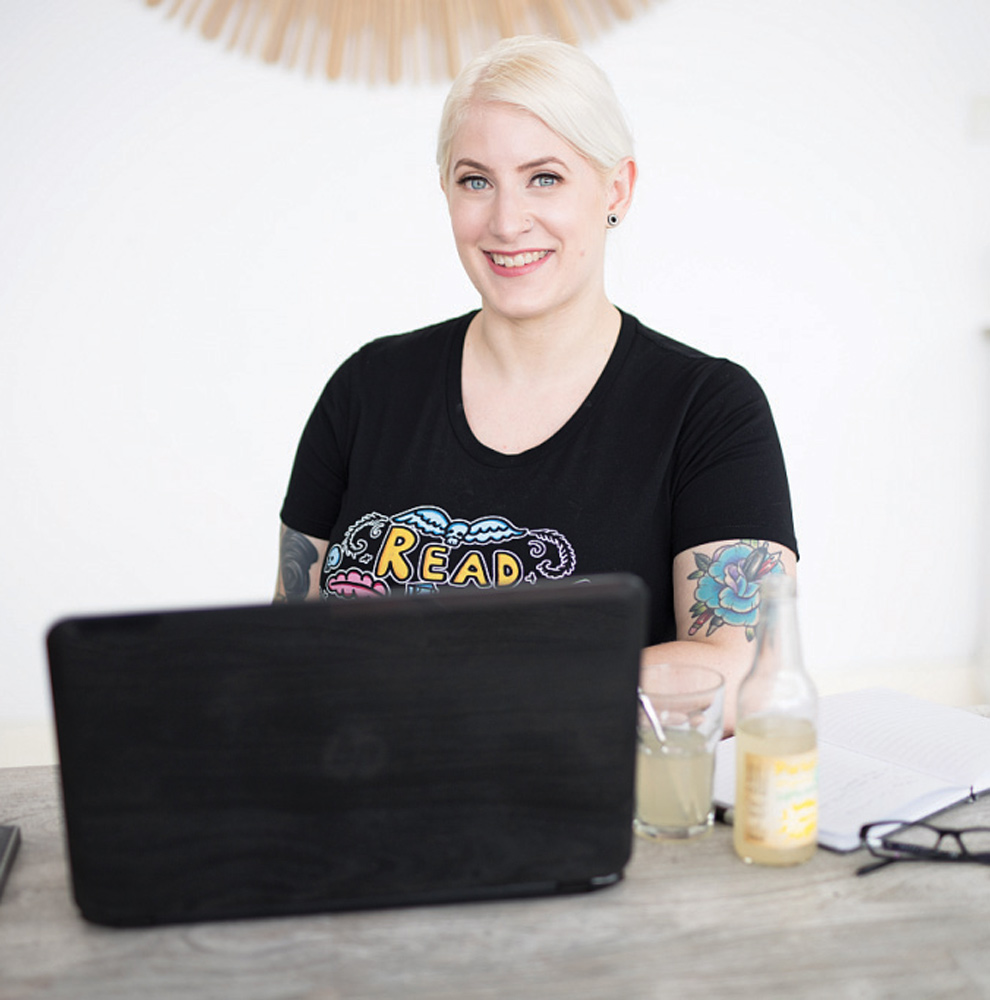Living with COVID has a different meaning for people at high risk, says Rachel Seeley. She offers a consumer’s view on WA’s unfolding COVID situation.
For the Health Consumers’ Council, the first few months of 2022 have involved an intense period of listening, sharing and advocating for more consumer voices in the planning of the health system’s response to this new phase of the pandemic in WA.

Through a series of discussions with consumer representatives and lived experience voices from across WA, a key message has been the ongoing uncertainty and fear in some parts of the community as people navigate the mindset change from ‘avoiding COVID at all costs’ to ‘living with COVID’.
Many consumers want to actively participate in preparing and helping others in the community to prepare. By sharing their insights, resources, and creating opportunities to hear directly from the experts, we heard that people became more confident in their ability to contribute to their community’s wellbeing.
We also heard that there was a lack of information for those who have underlying conditions, who are immunocompromised, or who, for other reasons, are at much higher risk and may need to make additional preparations.
Since this gap was initially identified we have seen more resources made available for some of these communities.
The third strong message was around people’s concerns for the social implications of COVID. For example, who can people rely on if they’re a carer and they get sick? How do people get access to care if they’re unable to leave the house? How can they make sure they can continue accessing the health care they need, in a safe way, during the peak of COVID caseloads?
It’s important that those in the frontline, who will be seeing consumers throughout the pandemic, are able to direct them to the answers they need.
Those who are medically vulnerable have told us the benefits of establishing a COVID plan together with their doctor – outlining health conditions and medications to show hospitals or other providers and ensuring clarity about the steps to take should they get COVID-19.
One high-risk consumer shared that keeping informed about treatment options also provided them some reassurance.
“It’s important I know where to go and what to do if I test positive for COVID-19. I believe I will qualify for antiviral treatment, so I want to know how to access them,” they told us.
“I am anxious on a daily basis and knowledge and planning are really the only way to flatten my anxiety curve.”
Mental health will be a big consideration for many consumers, especially those who are high-risk or medically vulnerable. It’s important to consider how the consumer can access support in ways that are safe for their circumstances, for example, by telehealth.
The consumer told us how important it was to be proactive about their mental health supports, seeking help from health professionals and support groups:
“I am afraid of catching COVID, that is a part of the challenge. I don’t want everyone else living with COVID to mean me dying with COVID. That is only part of the equation though. It’s incredibly challenging to think about quality of life, for myself and my family.
“First there is the social isolation and the physical and mental health implications of shielding. Then there is the financial aspect of purchasing N95 masks, RATs, and stopping work to home school if needed. There are also logistical challenges of how to actually reasonably shield.
“How do I protect myself from catching COVID (as my specialist has instructed me to do in no uncertain terms) and simultaneously give my kindy-aged kid the life she deserves in terms of school, activities, and playing with friends?”
Consumers should be encouraged to talk to workplaces about flexibility that may be needed to accommodate their risk factors, and to talk to family, friends and support networks about the options if they, or others in their family, become ill.
Given high vaccination numbers across the board, those who are highest risk may now find themselves being the only ones needing to take extra precautions in 2022.
“I find that many people in workplaces and businesses I come across are far less understanding in 2022. There is a lack of empathy, possibly driven by a lack of understanding around what being ‘severely immunosuppressed with multiple underlying health conditions’ means,” the consumer told us.
“I have already come up against problems with this in my daily life and I can imagine these will increase. As cases grow, I will need more support from my GP. I plan to sign up for WA COVID Care at Home if I test positive and I have a number to call my specialist team directly, but I’ll need the assistance and support of a good GP.
“At this point in the pandemic, empathic people have never been so important in my life.”
ED: Rachel Seeley is part of the engagement team at Health Consumers’ Council.

